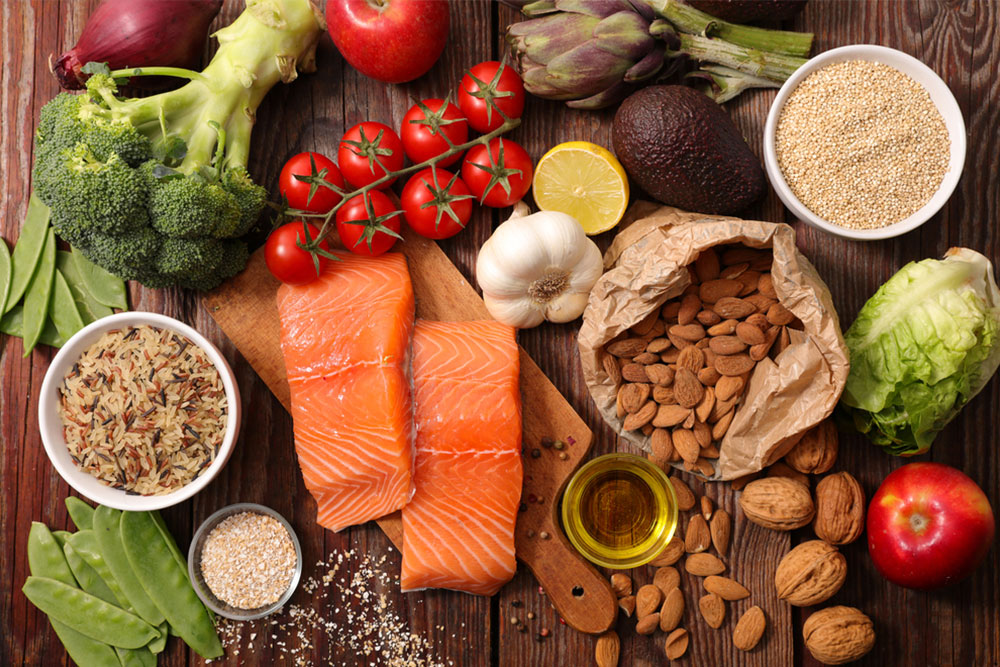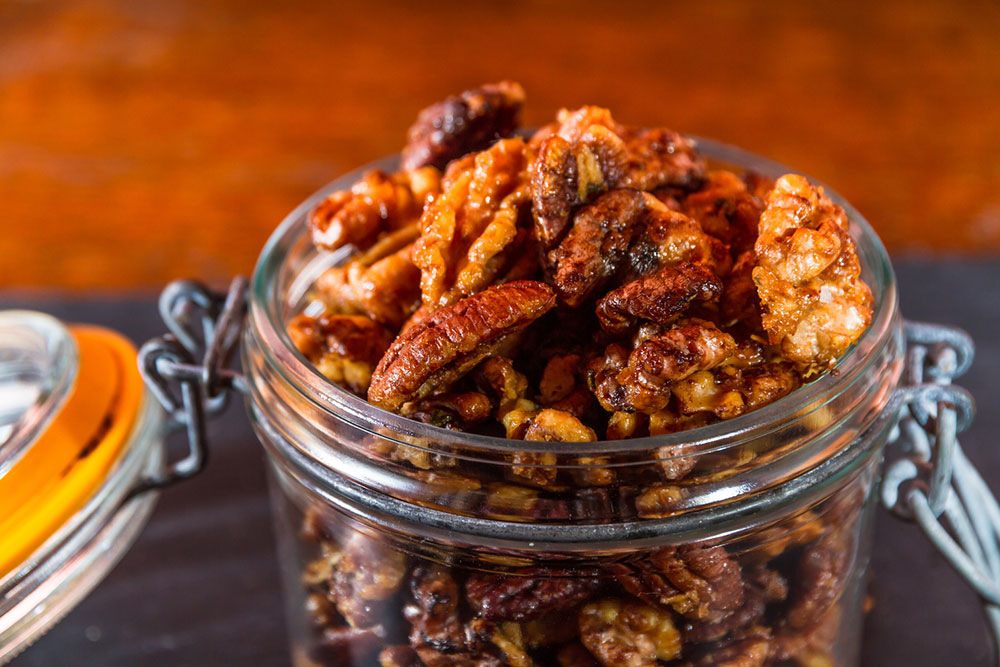Top Dietary Tips to Ease Rheumatoid Arthritis Discomfort
Discover effective dietary strategies to ease rheumatoid arthritis symptoms. Incorporate nutrient-rich foods like legumes, greens, berries, citrus, and omega-3 fatty acids to reduce inflammation and support joint health naturally. Learn how foods like ginger, green tea, and olive oil can further aid in managing discomfort.

Top Dietary Tips to Ease Rheumatoid Arthritis Discomfort
Managing rheumatoid arthritis symptoms involves more than medication; diet plays a crucial role. While no diet can cure the condition, consuming certain foods can help reduce flare-ups and support joint health. Incorporate these nutrient-dense options into your meals for better symptom management.
Legumes
Foods like lentils, chickpeas, and black beans are rich in fiber, supporting joint function and boosting immune defense. They also provide essential minerals such as magnesium, zinc, iron, and folic acid, which promote general health.
Dark Leafy Greens
Vegetables including spinach, kale, broccoli, and Brussels sprouts are high in vitamins A, C, and K, along with calcium, helping prevent cellular damage and maintain healthy joints.
Cherries and Mixed Berries
Cherries contain anthocyanins, powerful antioxidants that reduce inflammation. Berries like blueberries and raspberries share similar benefits, aiding in symptom relief.
Citrus Fruits
Oranges, grapefruits, and lemons are rich in vitamin C, which enhances immune health and helps lower inflammation linked to rheumatoid arthritis.
Fatty Fish
Consuming omega-3-rich fish such as salmon, sardines, anchovies, and herring can greatly decrease joint inflammation. To maximize their nutritional value, avoid overcooking.
For individuals not fond of fish, plant-based sources like walnuts and soybeans offer alternative omega-3 fats. Supplements might also be beneficial after consulting a healthcare professional.
Ginger
Ginger contains gingerol, a compound with natural anti-inflammatory properties that may help manage symptoms.
Green Tea
Rich in antioxidants such as polyphenols and epigallocatechin-3, green tea may slow cartilage breakdown and reduce joint swelling.
Extra-Virgin Olive Oil
Choose high-quality olive oil, which contains compounds that fight inflammation and support joint health.
Whole Grains
Opting for whole grains instead of refined grains provides antioxidants and may help regulate blood selenium levels, potentially decreasing flare-ups.


